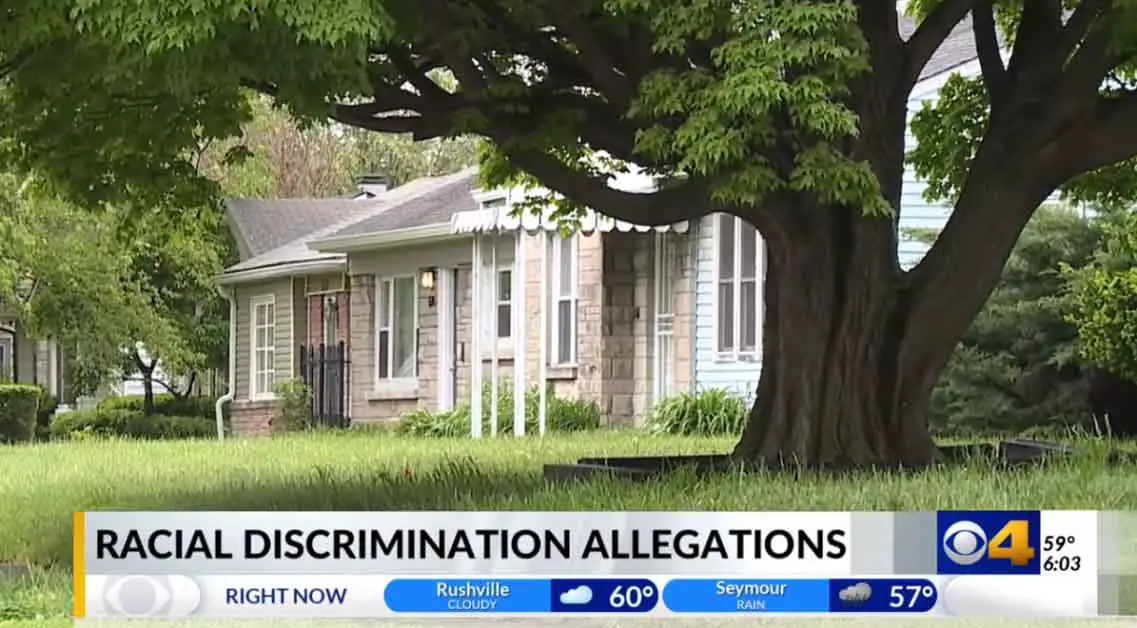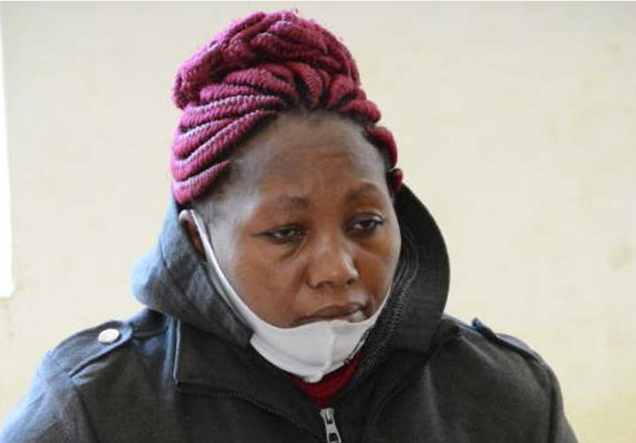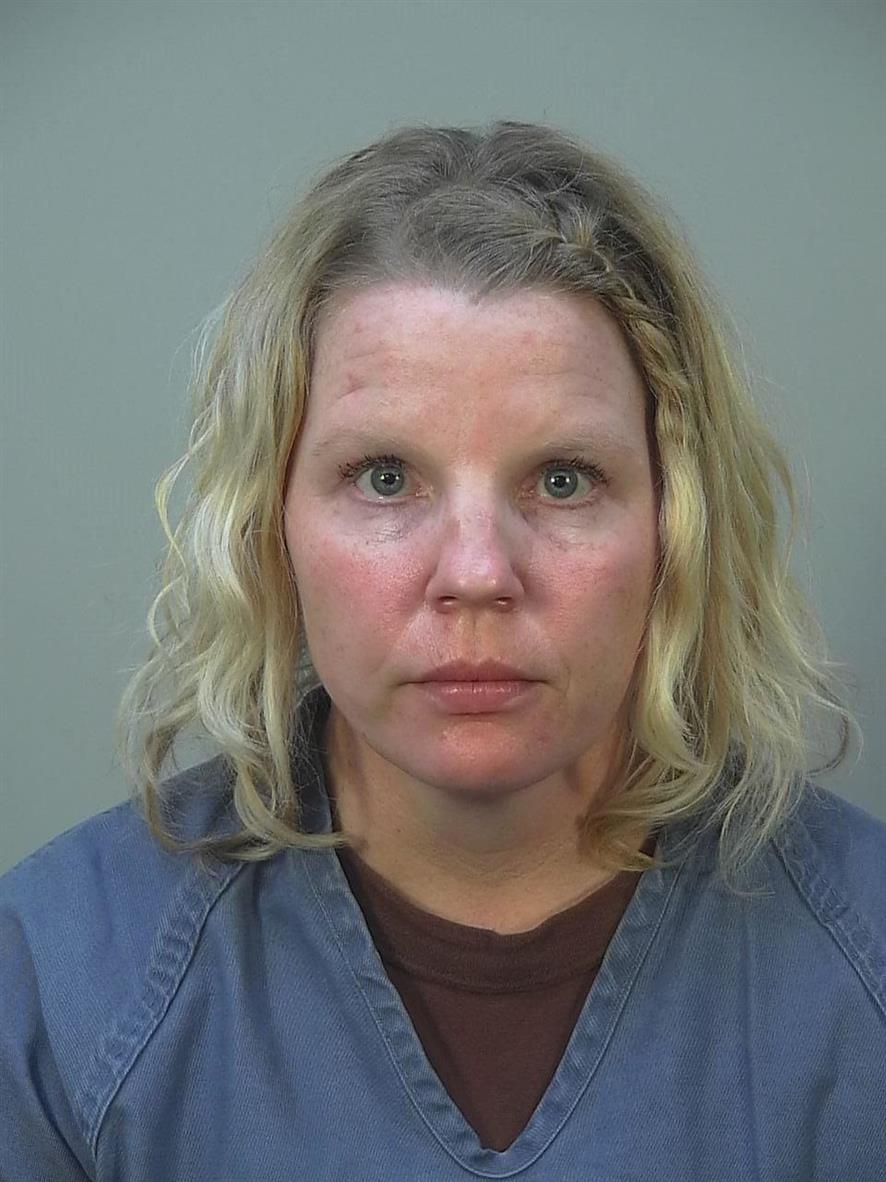Economic racism? A Black woman’s Indianapolis home increased its value by over $100,000 after she removed Black identifiers.

After removing African artwork and family portraits from her Indianapolis home, a Black woman named Carlette Duffy was able to increase the appraisal for her property by a whopping $100,000. Moreover, Ms. Duffy had a White male friend present at the evaluation, giving the impression that the house belonged to a White person, as Comic Sands reports.
Following the shocking escalation in the value of her home, the woman filed a housing discrimination complaint in conjunction with the Fair Housing Center of Central Indiana (FHCCI).
In 2017, Ms. Duffy purchased the house for $100,000. After she removed Black identifiers from her home before the reevaluation, the value skyrocketed.
The property is situated in a historically Black neighborhood just outside downtown Indianapolis, near Ms. Duffy’s grandparents’ home. But when she tried to refinance it, her first and second valuations came back at only $125,000 and $110,000.
Carlette Duffy removed everything "Black" from her house, like family photos & ethnic artwork, and her home appraisal INCREASED by $100K! Now she's filing a housing discrimination complaint with FHCCI. This discrimination must be addressed! https://t.co/AXVtzVY2dj
— Ben Crump (@AttorneyCrump) May 7, 2021
Even though the property was completely renovated, the initial appraisals left the woman with very little equity. Since she was not pleased with the fact that the evaluations were estimated at a value close to the initial cost of her home, Ms. Duffy tried to push back. Unfortunately, she had no success. She shares:
“When I challenged it, it came back that the appraiser said they’re not changing it.”
After hearing FHCCI Executive Director Amy Nelson’s point about racial discrimination regarding home appraisals, Ms. Duffy decided to do an experiment.
Referring to an article in The New York Times regarding discrimination amongst Black homeowners, Nelson talked about issues in the U.S. housing industry related to racial bias. Her talk provoked Ms. Duffy to redecorate her home and remove any traces of African-American culture, to see if FHCCI’s director was right.
The woman explains:
“I took down every photo of my family from my house. … I took every piece of ethnic artwork out, so any African artwork, I took it out. I displayed my degrees, I removed certain books.”
Following the interior renovations, Ms. Duffy contacted another lender for an appraisal. This time, she kept her gender and race private, and she invited a White male friend to sit on the valuation, telling appraisers that it was her brother.
Apparently, the experiment worked, as this time, the house was estimated at $259,000 – $159,000 more than its initial cost.
Despite being happy that she could finally refinance her property at a reasonable price, Ms. Duffy was deeply discouraged that she had to go through the whole process only to be “treated fairly.”
“I get choked up even thinking about it now because I was so excited and so happy, and then I was so angry that I had to go through all of that just to be treated fairly. Only when I removed myself did I increase the value. So I’m being seen as the object of devaluation in my home, and that part hurts. That’s the part that’s hard to get over.”

Thankfully, the woman was able to buy her grandparents’ house and keep it in the family. However, her case shows she was a victim of racial bias and discrimination.
The Indianapolis woman, backed up by FHCCI, filed two housing discrimination complaints, demanding the U.S. Department of Housing and Urban Development to investigate the matter.
According to Nelson, the initial appraisals used comparable sales. The so-called comps were taken from Black neighborhoods more than a mile away from Ms. Duffy’s home. FHCCI’s director said:
“Whether or not those comps were fairly selected is something that is the basis of the complaints that we have filed. We think it’s happening a lot more than is being reported and we want to get the word out to know that we are here as a resource for individuals if they feel this may be happening to them.”
https://t.co/5aG7fcj1le pic.twitter.com/JzbENa2DhH
— Dan Price (@DanPriceSeattle) May 7, 2021
Following her disappointing experience with the U.S. housing system, Ms. Duffy hopes her case will prompt further investigation on the issue. She says:
“I’m doing this for my daughter and I’m doing this for my granddaughter, so that when they come against obstacles they will know that you can stand up, you can say that this is not right.”




